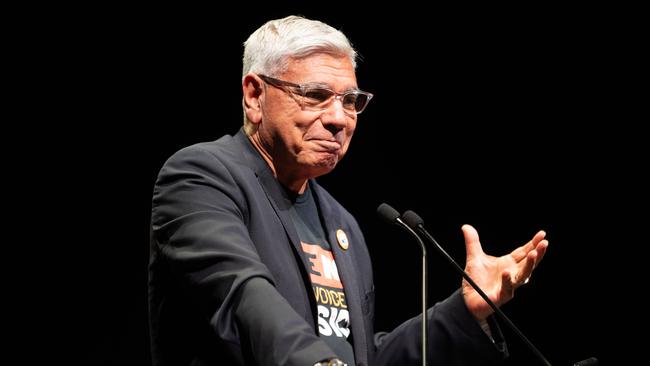
Immediately other Indigenous Australians disagreed. But this week I was privileged to receive a detailed legal opinion on the implications of the Uluru statement for modern Australia from Terence Cole, KC, one of Australia’s best known jurists having been a judge on the NSW Supreme Court and presiding over a number of royal commissions.
Many KCs in Australia are reluctant to comment publicly on the Voice referendum because they fear they would lose their government jobs. Cole is now retired so can speak frankly. Cole does not endorse Mundine’s war prediction but warns Australians about the future reparations they may face and the fundamental changes that implementation of the Uluru statement would bring to the Australia’s legal system.
He concludes: “The potential for great and irremediable harm to Australian society means that The Voice should never be incorporated in the constitution.”
Cole points out that some Indigenous Australians and Torres Strait Islanders want much more than recognition. They want the constitution changed to incorporate their Uluru claimed rights so that in the future, those Uluru rights cannot be abolished.
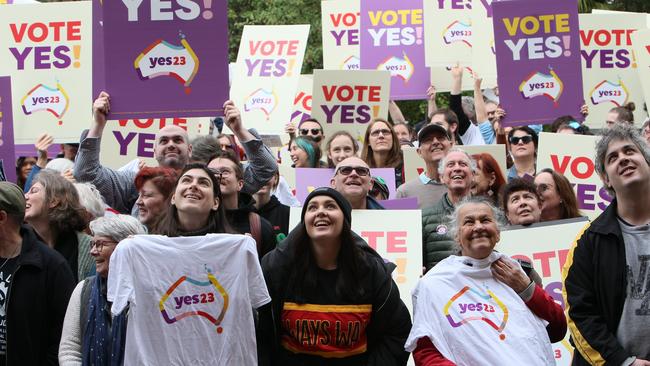
And already three demands of the Uluru statement have accepted entirely by our Prime Minister – the Voice body, a Makarrata commission and “truth telling about our history”.
But Cole says Uluru also claims Aboriginal “ownership of the soil … of sovereignty based on prior occupation”, and asserts that such sovereignty has never been ceded or extinguished and co-exists with the sovereignty of the crown.
Cole concludes that when asked to vote to amend the constitution to incorporate the Voice, Australians need to understand that some will use it to support the demands for recognition of coexisting sovereignty, a Makarrata commission designed to produce a treaty, monetary compensation for past events, and a rewriting of Australian history.
Cole might not attach Mundine’s description of Uluru as a “declaration of war” but he shows how the proposed changes to property rights will create deep divisions among the population.
Cole explains that the Uluru statement appears to be a claim that there presently exists an unextinguished and unlimited claim of ownership of the soil concurrently with the well recognised sovereignty of the Commonwealth Australia over Australian territory.
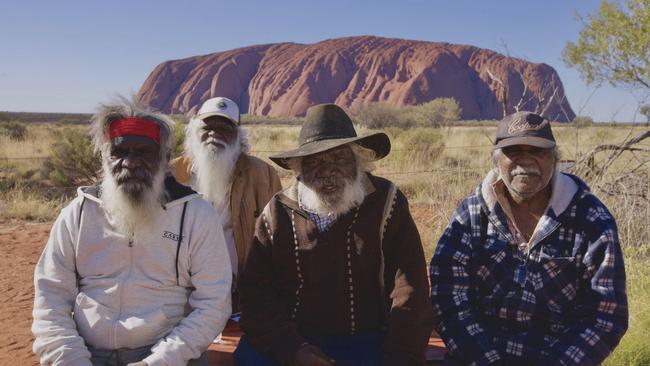
Under existing Australian law, ownership of soil and land and water is determined not by Indigenous spiritual notions but by the statutes of the Commonwealth states and territories.
It seems the Voice will seek to change this basic structure of our governance and society.
The Uluru statement claims for reconciliation, a Makarrata commission and a treaty are based solely on race differential. They split Australians into two racial groups on a permanent basis. The first race comprises those identifying as Aboriginal and Torres Strait Islanders and the second the remaining 97 per cent of Australians.
Makarrata is an Indigenous concept of coming together after conflict and to date it has played no part in modern Australian law, politics, life or security. The Voice seeks to change that.
Cole points out that the 97 per cent of Australian non-Indigenous citizens, all born here since federation or arriving here as migrants and acquiring citizenship, are not in conflict with Aborigines or Torres Strait Islanders.
However, it is assumed by some Indigenous and Torres Strait Islander interests that because of their disposition, the injury or harm done to them and the destruction of their then primitive way of life by the infusion of different cultures, there needs to be a reconciliation between Australia and its present citizens and Aborigines and Torres Strait Islanders.
The Makarrata commission is to work on a final settlement and reconciliation between indigenous and other Australians by addressing history, culture, empowering Indigenous people to take responsibility for their communities, creating commercial opportunities for Indigenous peoples and concluding agreements between government and indigenous peoples.
Coles points out that many people believe these objectives are desirable but it is not clear what any of them have to do with some supposed dispute between Aborigines and Torres Strait Islanders and the remaining 97 per cent of Australians.
Then he concludes with these chilling words: “Perhaps the answer is found in the 5th objective of concluding agreements with governments no doubt with significant monetary consequence.”
I add that if those “monetary consequences” are significant it may indeed be a “war declaration”.
Cole says in the process involved a Makarrata inquiry looks backwards and trawls over events, legislation, policies and administrative actions of the last 225 years, seeking to discover areas of discontent in the minds of presently living Aborigines about events, many in the distant past, and no doubt judging situations of the past by the attitudes of the day.
To achieve this and more, Aboriginal interests want a Voice enshrined in the constitution. It is the tool which will enable achievement of the Aborigines’ objectives. but it is difficult to contemplate a “process more designed to cause dissent and disunity within the Australian community”.
Finally in considering the Voice proposal the central question is whether we wish to consider Australia in the future as one people with each having the same rights, obligations and privileges, or do we wish to consider Australia as a number of siloed groups with one or more groups having a different status with different rights and privileges.
If it be the latter, then future unity within our society is improbable.
Whatever may have occurred in the past, in 2023 all Australians live in a democracy. Central to that concept is that each person has one vote. Each person is free to join such association as he or she wishes and each person is free either individually or through some association to make representations or advocate for such policies as they regarded desirable. All Australians, including Aborigines and Torres Strait Islander at present have this right.
Cole concludes that it is not clear why either race or length of forebears occupation should constitute grounds for confirming an additional right to have a further Voice to the parliament or government.


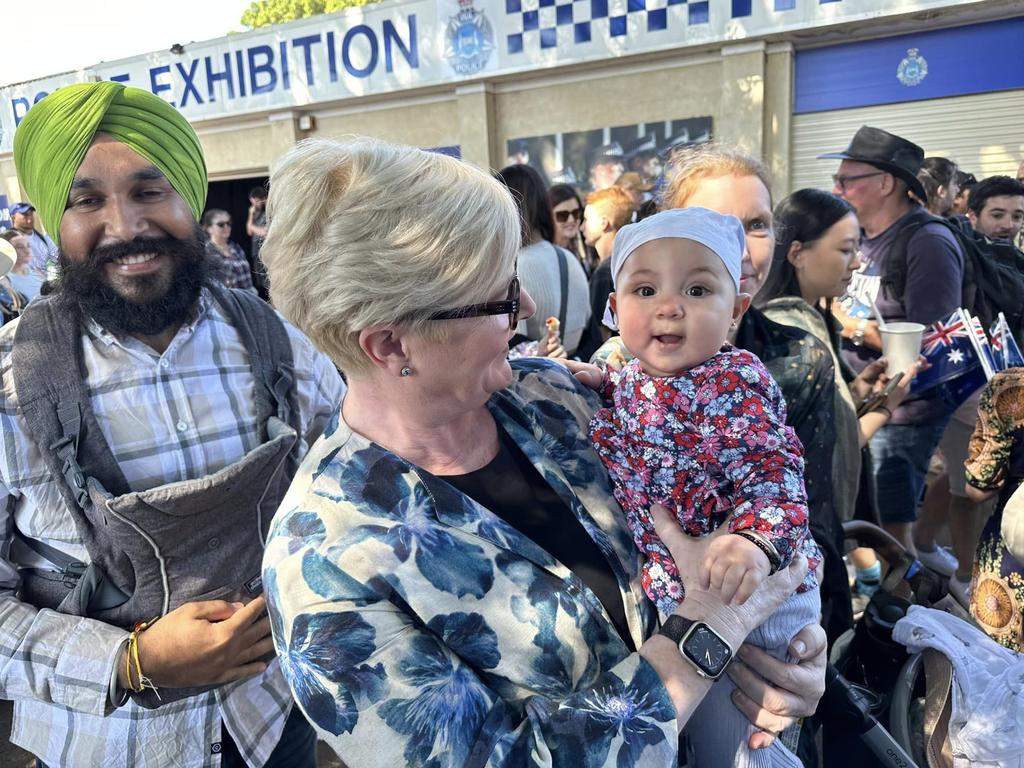

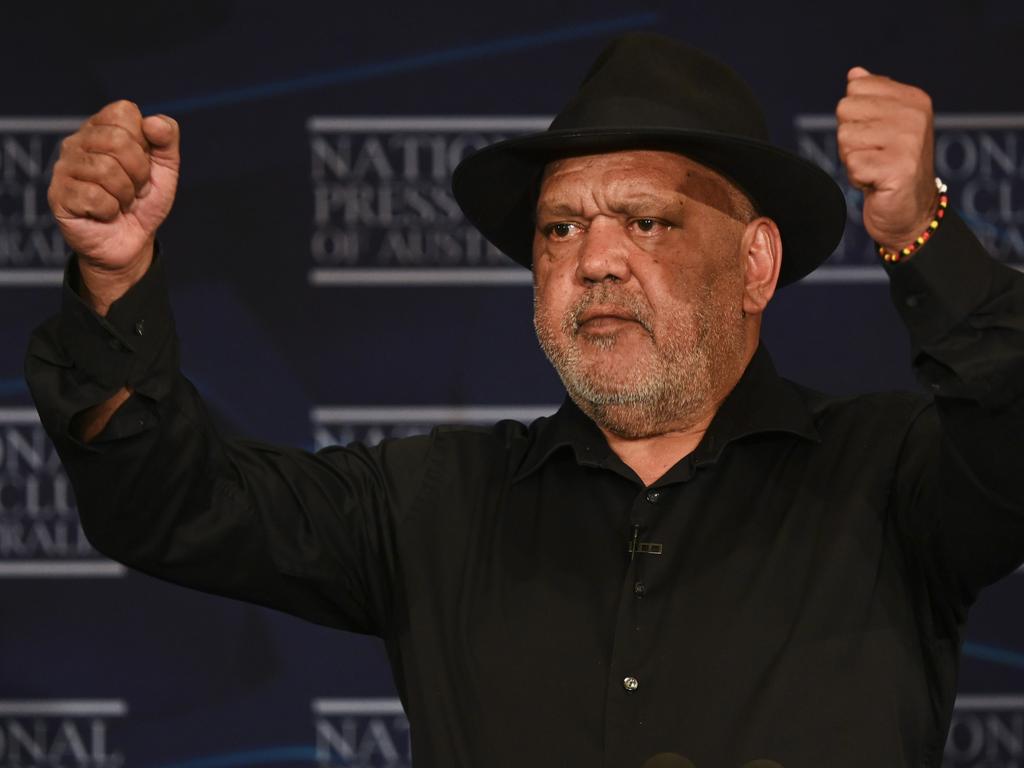
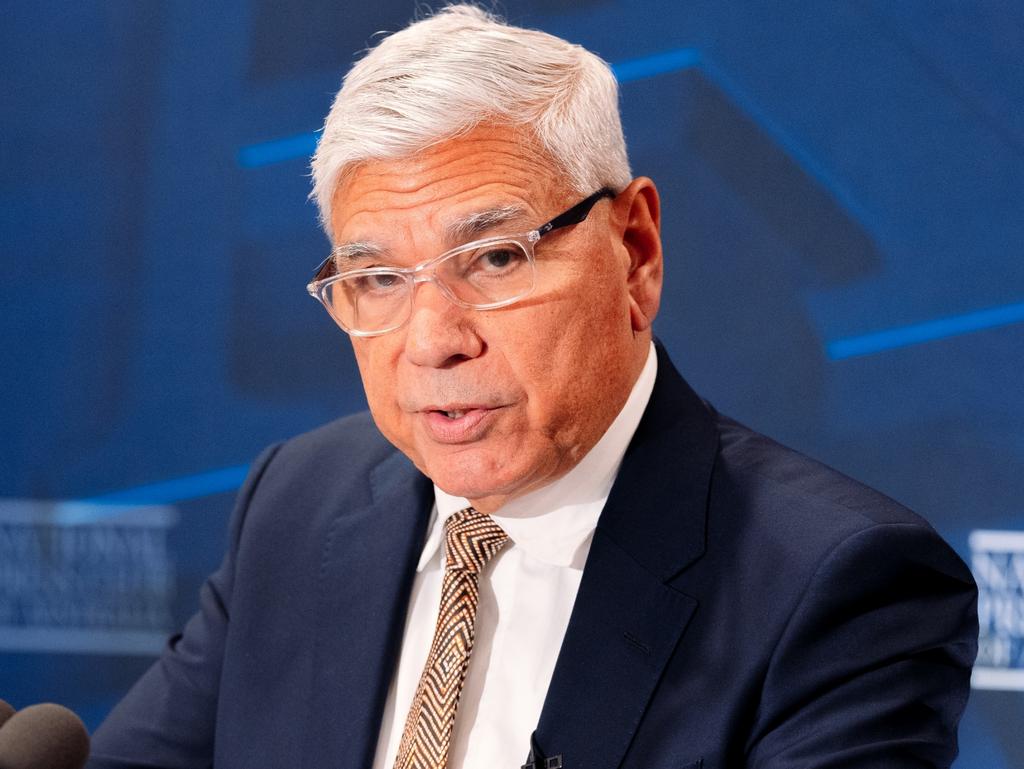


Former ALP president later turned Liberal, Nyunggai Warren Mundine, has declared the Uluru Statement from the Heart a declaration of war against modern Australia.